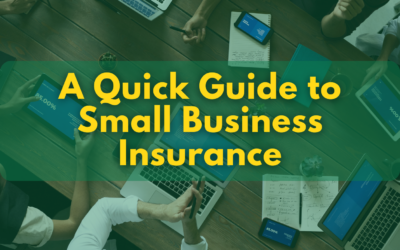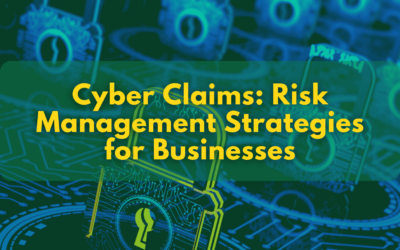Do You Know Your Business? Does Your Insurer? You know your business inside and out. But does your insurance company? That depends—on you and your agent. One of the best ways to bridge that gap is through a risk assessment.
What’s a Risk Assessment?
It’s a set of questions that digs into the risks your business faces. Most companies only do this when they launch or switch insurance carriers. However, some never do it at all, and that’s risky. Without a proper assessment, hidden exposures can go unnoticed until it’s too late. A risk assessment helps your insurance agent and insurance carrier understand your operations. It also gives them a chance to offer safety tips or requirements. Ideally, you should complete one every three years—or sooner if your operations change.
You’ve Done the Assessment—Now What?
Great! You’ve identified your risks. But as G.I. Joe says, “Knowing is half the battle.” The other half? Action. Create a plan and execute it. And yes—this can impact your insurance premium. Sharing your plan with insurance carrier shows you’re proactive, which makes your business more attractive in the insurance marketplace.
Key Risk Areas to Review
Here are a few areas that matter most—especially for Snow and Ice Management companies:
Certificate Management
Do you use subcontractors? Then you need their Certificates of Insurance, but don’t stop there. Check for:
- Policy exclusions (e.g., no coverage for condos or gas stations)
- Matching liability limits
- Active coverage (certificates only show coverage at the time of issue)
Pro tip: Require subcontractors to list you as an additional insured. That way, you’ll be notified if their policy is canceled.
Alternative Markets
Paying over $1 million in premiums? Time to explore alternative risk financing. Options include:
- High-deductible policies: You handle smaller claims; insurance covers the big ones.
- Captive insurance: Form your own insurance company with others. You can learn more about Captive insurance here: Traditional Insurance vs. Group Captive Programs: Who Wins?
- Actuarial analysis: Before diving in, get an actuarial analysis to see if it makes sense.
Contractual Risk
No two contracts are the same. That’s why every new one should be reviewed with your agent and your lawyer. Focus on:
- Indemnification clauses: Are you taking on too much liability?
- Scope of work: Is it clearly defined?
- Review your own contracts: Are your contracts with clients and subcontractors clear enough to avoid costly misunderstandings?
Human Resources
Hiring seasonal workers? Be careful. Ask yourself:
- Are they employees or independent contractors?
- Are you doing background checks and physicals?
Misclassifying workers can lead to big Workers’ Comp surprises during audits. Ensure that you know and understand your state’s laws.
Driver Safety
Do you have:
- Hiring guidelines for drivers?
- Annual driving record checks?
- A written safety policy?
These steps reduce accidents—and lower your premiums.
A thorough risk assessment covers much more, but these areas are key for all businesses. Remember: smart businesses don’t just insure risk—they manage it. By regularly reviewing your risks, partnering with your insurance agent, building a plan, and taking action, you not only reduce potential exposures—you also make your business more attractive to the insurance marketplace.
Want help getting started? Reach out to schedule your risk assessment. Contact Jared Perkoski, PWCA, CRIS at 508-824-8666 or at jperkoski@fbinsure.com or on LinkedIn.
Learn more about FBinsure’s risk management solutions here: FB Risk Advisors – FBinsure
Share this post on LinkedIn: Risk Ready: Risk Assessment Benefits (LinkedIn)



